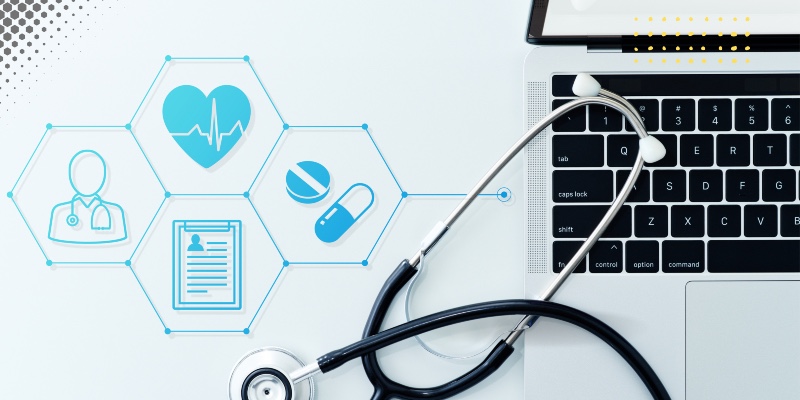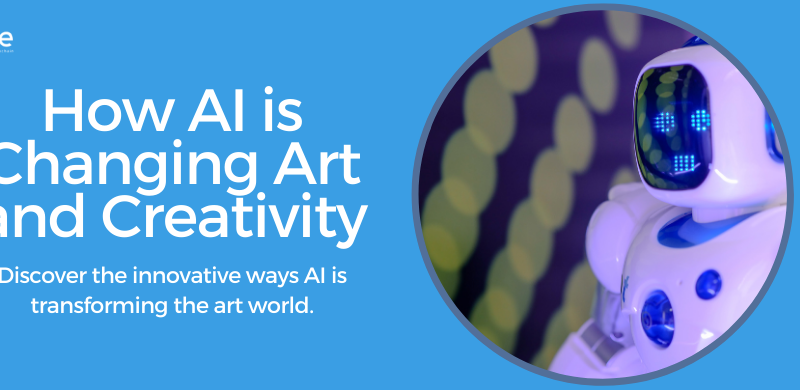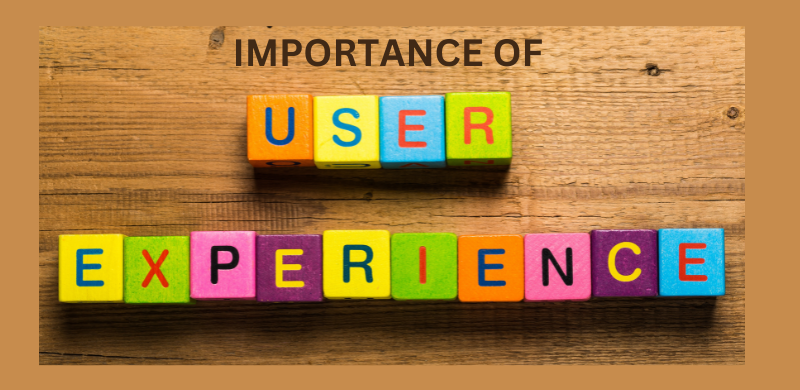When it comes to technology adoption, the healthcare industry has always been at the forefront of innovation. Technology has transformed the way healthcare is delivered, from electronic health records (EHR) to telemedicine. Healthcare software development is poised for further growth and transformation as we approach 2023. Here are some emerging trends in healthcare software development to keep an eye on in the future.
Machine Learning and Artificial Intelligence (AI) (ML)
Artificial intelligence and machine learning are quickly becoming indispensable tools in the healthcare industry. AI algorithms can analyse massive amounts of medical data, allowing doctors to make more informed decisions. Machine learning can be used to create predictive models that aid in the identification of patients who are at risk of developing certain conditions.
In the future, AI and ML will be used to power even more sophisticated applications, such as personalized medicine and virtual health assistants.
Internet of Things (IoT) and Wearable Devices
IoT and wearable devices have already made significant inroads in healthcare. Wearable devices can monitor patients in real-time, collecting data on vital signs, activity levels, and other health metrics. In the future, these devices will become even more sophisticated, with the ability to detect more nuanced health conditions. For example, wearable devices that can detect early signs of dementia or Alzheimer’s disease will become increasingly common.
Cloud Computing
Cloud computing has already revolutionized the way healthcare providers manage their data. With cloud-based EHR systems, patient data can be accessed securely from anywhere, at any time. In the future, cloud computing will continue to be a driving force in healthcare software development. More applications will move to the cloud, and healthcare providers will increasingly rely on cloud-based analytics to gain insights into patient care.
Blockchain
Blockchain technology has the potential to transform the healthcare industry by providing secure, decentralized storage and sharing of patient data. Blockchain can help to reduce data breaches and ensure patient privacy. In the future, we can expect to see more healthcare providers adopt blockchain technology for data management and sharing.

Virtual and Augmented Reality
Virtual and augmented reality technologies are already being used in healthcare for surgical planning and medical education. In the future, these technologies will become more widespread, with the potential to transform patient care. For example, virtual reality can be used to create immersive environments that help patients manage pain and anxiety.
Chatbots and Virtual Health Assistants
Chatbots and virtual health assistants are already being used to improve patient engagement and provide round-the-clock care. In the future, these technologies will become even more sophisticated, with the ability to analyze patient data and provide personalized recommendations. Chatbots and virtual health assistants will become increasingly common, helping to fill the gap in healthcare provider shortages.
In conclusion, the future of healthcare software development is bright, with many emerging trends that will transform patient care. Artificial intelligence, IoT, cloud computing, blockchain, virtual and augmented reality, and chatbots and virtual health assistants are just a few of the emerging technologies that will shape the future of healthcare. As we move into 2023 and beyond, healthcare providers will increasingly rely on software development to improve patient outcomes and enhance the quality of care.



